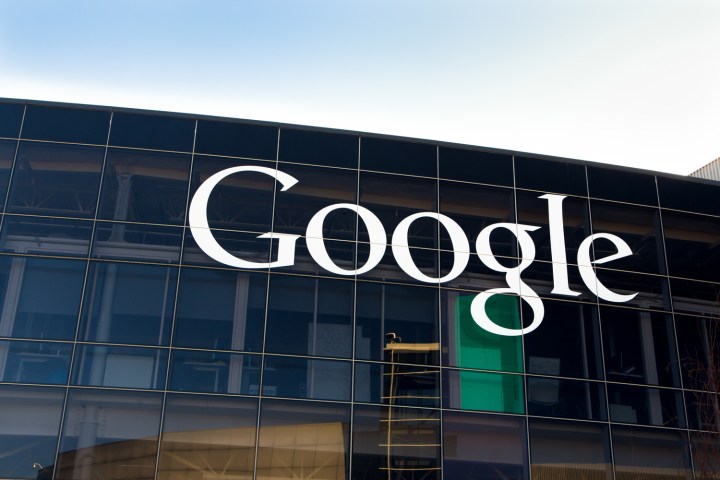
The announcement was made by Google spokesman Patrick Lenihan, who was speaking to reporters in the area, according to a report from ABC News. The sum of $250,000 will be split into two smaller grants, that will be donated to the University of Michigan and the Community Foundation of Greater Flint.
$150,000 will be given to the University of Michigan to help with ongoing research projects related to the crisis. The money will help facilitate a study that’s intended to determine which households are the most likely to be suffering from high lead levels in their water without the need for a physical test.
The university is also expected to produce a mobile app and a suite of online tools to help Flint residents address some of the issues they’re experiencing. These utilities will provide data visualizations, as well as a means of reporting concerns and making requests for water testing supplies.
Meanwhile, $100,000 will be given to the Community Foundation of Greater Flint, an organization that specializes in distributing funds across the local community. Last week, the Foundation announced grants totaling over $500,000 set to help efforts to remediate ongoing disruption as a result of the water crisis.
“It’s incredibly generous,” the organization’s vice president of philanthropic services, Ann Marie Van Duyne, told Digital Trends. “We’re so grateful for the entire breadth of Google’s support to our community.” The foundation plans to use the money to help improve access to vital resources like fresh food and healthcare.
“One of the things that I think is interesting about our community right now is that we’re hopeful,” said Van Duyne. “Grants like the one we received from Google make us very hopeful. It’s possible that each of the children in our community have a healthy and bright future. It’s possible.”
The $250,000 Google is putting forward might not be enough to tackle every component of the challenge facing Flint, but it certainly seems like the money is being given to institutions capable of putting it to good use. It’s now more than two years since the water contamination crisis first began, and this kind of assistance is still sorely needed.

